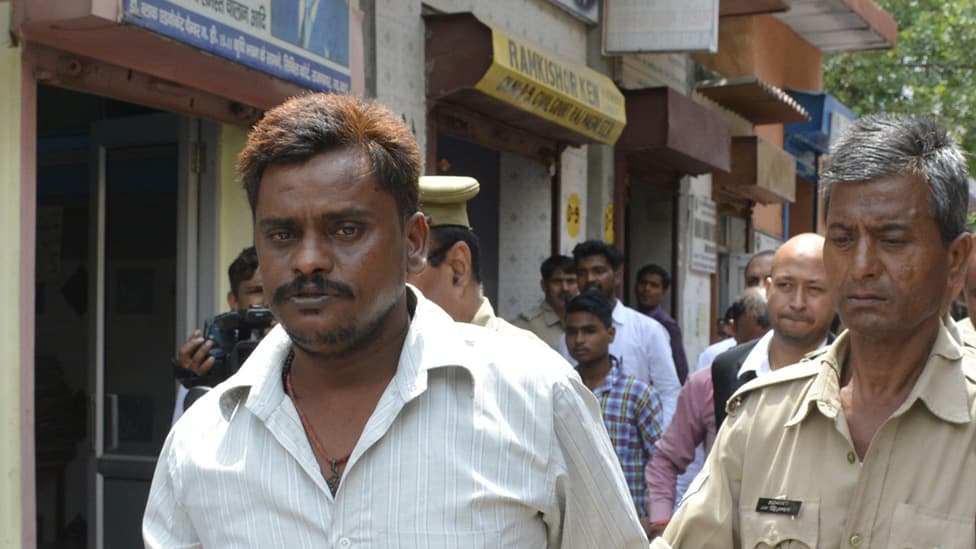We're loading the full news article for you. This includes the article content, images, author information, and related articles.
The acquittal of the final convict in one of India's most gruesome serial murder cases exposes a catastrophic failure of justice, raising global questions about police investigations and the rights of the vulnerable.

GLOBAL – In a stunning judicial conclusion to one of India’s most horrifying criminal cases, the Supreme Court of India on Tuesday, 11 November 2025, acquitted Surinder Koli, the last man convicted in the 2006 ‘Nithari serial killings’. The verdict marks the complete collapse of a prosecution that spanned nearly two decades, leaving a trail of unanswered questions and devastated families asking: who killed their children?
Koli, a domestic worker, and his employer, businessman Moninder Singh Pandher, were arrested in December 2006 after skeletal remains of at least 16 women and children were discovered in a drain behind Pandher's home in Nodia, a suburb of New Delhi. The case, dubbed the 'house of horrors', shocked the nation with lurid allegations of abduction, rape, murder, necrophilia, and cannibalism. Both men were convicted in multiple cases and sentenced to death. However, Pandher was acquitted on appeal in October 2023, and Koli has now been cleared in all 13 cases against him.
The prosecution's case against both men relied almost entirely on a confession by Koli, in which he admitted to the crimes. However, his defence consistently argued the confession was extracted through torture during an extended and illegal 60-day police custody period, a claim that gained traction in the appellate courts. The use of coerced confessions is a documented problem within India's law enforcement system, according to reports from human rights organizations and the U.S. State Department.
In a series of scathing judgments, Indian appellate courts dismantled the investigation, citing a “botched up” probe and a “betrayal of public trust.” The Allahabad High Court, in its 2023 acquittal of Pandher and Koli in several cases, noted that “basic norms of collecting evidence have been brazenly violated.” The Supreme Court echoed these concerns, stating in its final ruling that convictions cannot rest on mere “conjecture” and that allowing Koli’s conviction to stand would be a “manifest miscarriage of justice.”
The Nithari case starkly highlighted the deep social divides in India, a dynamic with global resonance, including in Kenya. The victims were all from poor, migrant families living in the adjacent Nithari slum, whose initial reports of missing children were allegedly ignored by police for nearly two years. In contrast, the primary accused was an affluent businessman. This disparity has fueled arguments that the investigation targeted Koli, the “poor servant,” while failing to explore other angles, such as a possible organ trafficking ring—a theory recommended for investigation by a government committee but never fully pursued by the Central Bureau of Investigation (CBI).
For observers in East Africa and beyond, the case serves as a profound cautionary tale. It underscores how systemic failures in criminal justice—from negligent police work and procedural violations to potential class bias—can prevent truth and accountability, even in the face of horrific crimes. The collapse of such a high-profile case puts a spotlight on the universal need for rigorous, evidence-based investigations, stringent protections against coerced confessions, and a justice system that serves all citizens equally, regardless of their social or economic status. As the families of the Nithari victims are left without closure, the case's legacy is a chilling reminder that without a fair and reliable process, there can be no true justice.
Keep the conversation in one place—threads here stay linked to the story and in the forums.
Sign in to start a discussion
Start a conversation about this story and keep it linked here.
Other hot threads
E-sports and Gaming Community in Kenya
Active 9 months ago
The Role of Technology in Modern Agriculture (AgriTech)
Active 9 months ago
Popular Recreational Activities Across Counties
Active 9 months ago
Investing in Youth Sports Development Programs
Active 9 months ago